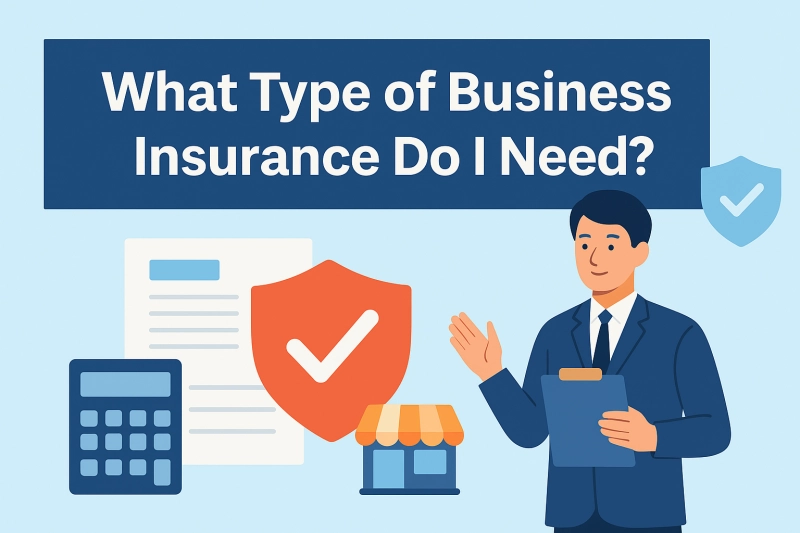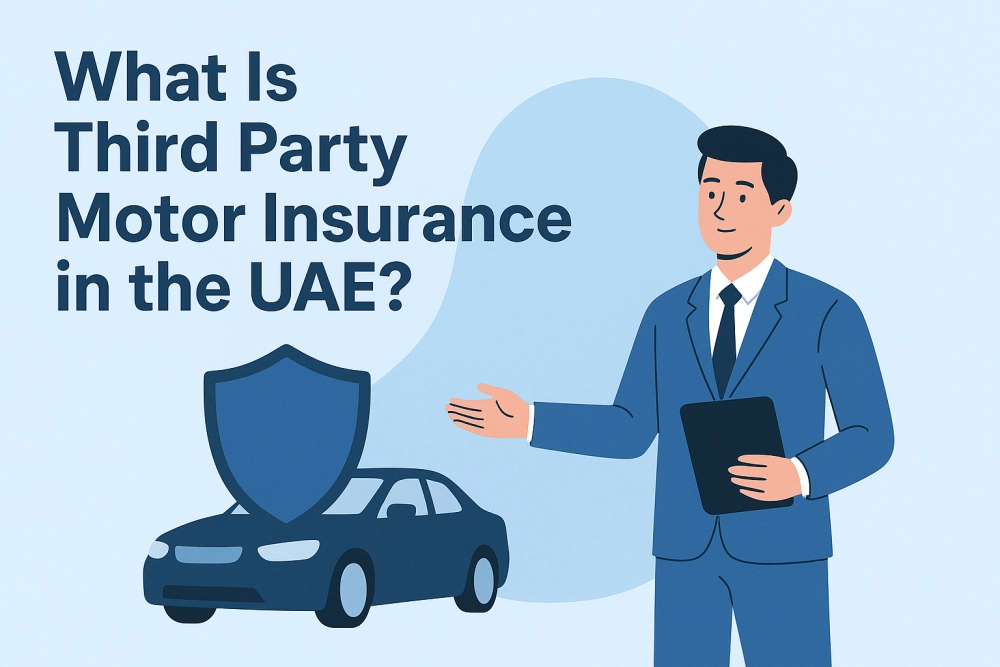Running a company in the UAE is exciting, but it also exposes you to financial risks that can derail growth overnight. From customer injuries to cyberattacks, every enterprise needs a customised protection plan. So, what type of business insurance do I need to operate confidently? This guide breaks down mandatory and optional covers and helps you build a policy portfolio that matches your risk profile.
Why a one-size-fits-all policy does not exist
Your insurance requirements depend on industry, headcount, location and contractual obligations. A tech start-up in Abu Dhabi free zone faces different exposures than a construction contractor on Sheikh Zayed Road. Therefore, start with a risk assessment before purchasing any policy.
Core policies most UAE businesses consider
1. Public liability
Protects against third-party bodily injury and property damage that occur on your premises or because of your operations. Many landlords and event venues require at least AED 1–2 million of cover.
2. Employer’s liability and workers’ compensation
Mandatory for companies with staff. It pays medical expenses and wages if employees are injured on the job and shields the employer from lawsuits.
3. Property all-risk
Covers buildings, equipment, stock and contents against fire, flood, explosion and theft. Can be extended to business interruption to replace lost profit while repairs are made.
4. Professional indemnity (PI)
Engineers, architects, consultants and IT firms often need PI to satisfy client contracts. It pays legal costs and damages if a service error causes financial loss.
5. Cyber liability
With data breaches on the rise, cyber liability funds forensic investigations, customer notification, legal defence and regulatory fines.
6. Marine cargo and stock throughput
Essential for traders importing raw materials or exporting finished goods via Jebel Ali Port or Abu Dhabi’s Khalifa Port.
How to prioritise when budget is tight
A staged approach works best. Allocate funds first to mandatory covers (workers’ compensation, motor, health for employees). Next, purchase liability policies where a single claim could bankrupt the firm. Finally, add specialised covers as revenue grows.
Table 1: Insurance priorities for common UAE businesses
| Business Type | Must-Have Cover | High Priority | Nice to Have |
| Retail store | Public liability, property | Employer’s liability | Cyber, fidelity guarantee |
| Consulting firm | Professional indemnity | Cyber liability | Key person life |
| Restaurant | Public liability, food contamination | Employer’s liability | Business interruption |
| Construction contractor | Employer’s liability, contractor’s all-risk | Motor fleet | Professional indemnity |
How much does business insurance cost?
Premiums vary, but general guidelines are:
- Public liability: from AED 900 per year for AED 1 million limit.
- Professional indemnity: 0.5–1% of fee income.
- Cyber liability: from AED 2,000 for small databases.
Shopping around can lower costs by up to 40%. The easiest way is to compare multiple quotes through insurancehub.ae.
Steps to build your insurance programme
- List all contractual and legal requirements.
- Identify worst-case scenarios and estimate their financial impact.
- Use your balance sheet to determine deductibles you can absorb.
- Request at least three quotes per policy and evaluate cover wording, not just price.
- Review annually or whenever you add new services.
There is no universal answer to what type of business insurance do I need, but understanding your exposures and prioritising liability, employee and property covers puts you on firm footing. Compare quotes on insurancehub.ae and consult expert advisors to craft a package that protects your company today and supports growth tomorrow.







